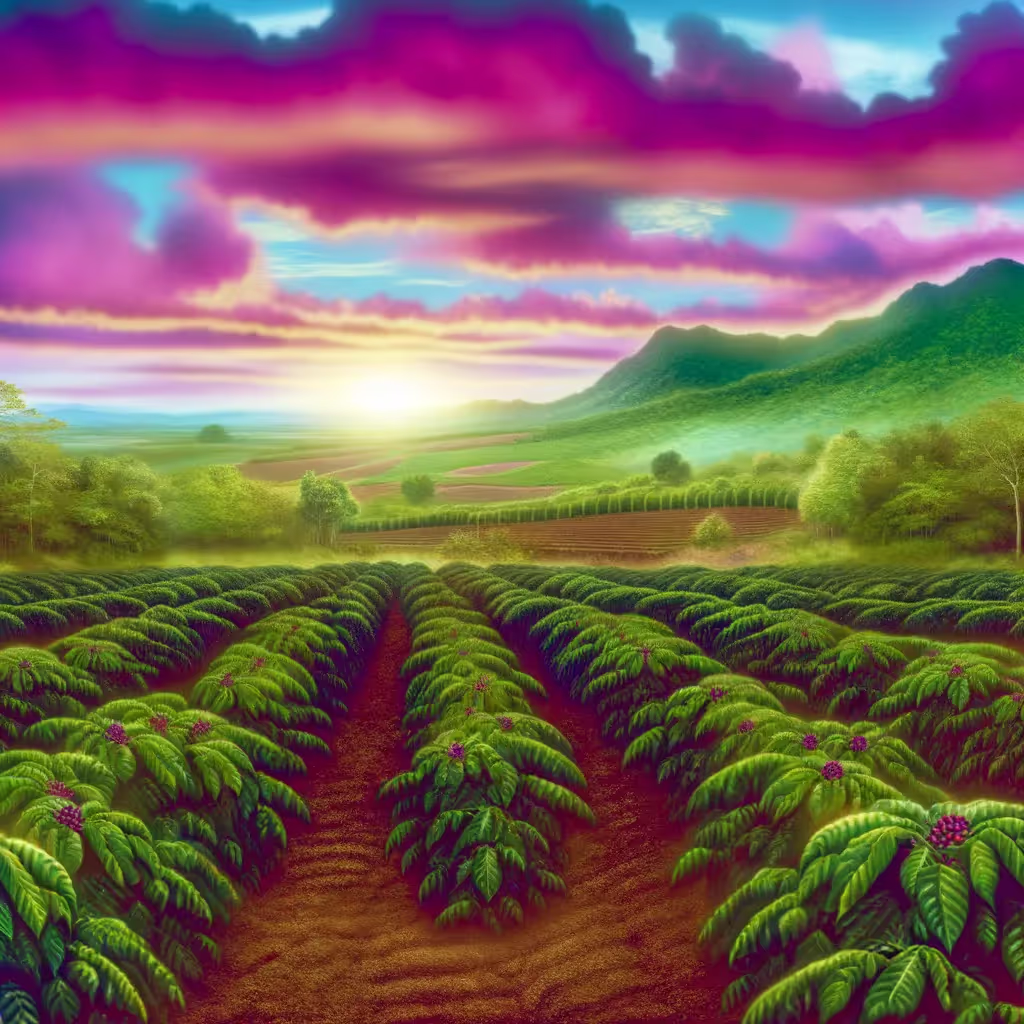Belizean Coffee: A Tropical Gem from Central America
Belizean coffee is often grown alongside cacao trees, creating a unique microclimate that contributes to the coffee's distinct flavor profile.

Belizean coffee is a hidden gem in the world of specialty coffee. Grown in the lush, tropical highlands of the Toledo District, these beans offer a unique flavor profile that reflects the region's rich biodiversity. With a focus on sustainable farming practices and a growing reputation for quality, Belizean coffee is gaining recognition among coffee enthusiasts for its smooth, well-balanced cup with notes of chocolate, nuts, and tropical fruits.
History
Coffee cultivation in Belize dates back to the 1800s when it was introduced by European settlers. However, it remained a minor crop until the late 20th century. In recent decades, there has been a renewed focus on coffee production, particularly in the Toledo District. Small-scale farmers, often from indigenous Maya communities, have embraced coffee cultivation as a sustainable alternative to traditional slash-and-burn agriculture, contributing to both economic development and forest conservation.

Belizean
Local Coffee Customs
Economic Impact
Awards
- Cup of Excellence (2019)
Brewing Methods
- Pour-over
- French press
- Cold brew
Certifications
- Organic
- Rainforest Alliance
Common Varieties
- Typica
- Bourbon
- Caturra
Flavor Profile
- Chocolate
- Nutty
- Tropical fruit
Popular Brands & Roasters
- Belcampo
- Gallon Jug Estate
- Maya Mountain Coffee
Tourism & Culture
Visitors to Belize can explore coffee farms in the Toledo District, where they can learn about sustainable coffee production, participate in harvesting activities, and enjoy tastings of locally grown beans. Many farms offer guided tours and accommodations for an immersive coffee experience.
Future Outlook
Belizean coffee is poised for growth in the specialty coffee market. With increasing investment in quality improvement and sustainable practices, the origin is expected to gain more recognition and command higher prices. The focus on organic and shade-grown cultivation aligns well with consumer trends towards environmentally friendly products.
Roast Recommendations
- Medium
- Medium-dark
Sustainability Practices
- Shade-grown cultivation
- Organic farming methods
Traditional Preparation Methods
- Cowboy coffee
- Maya-style spiced coffee
Typical Harvest Season
Typical Processing Methods
- Washed
- Natural
- Honey




